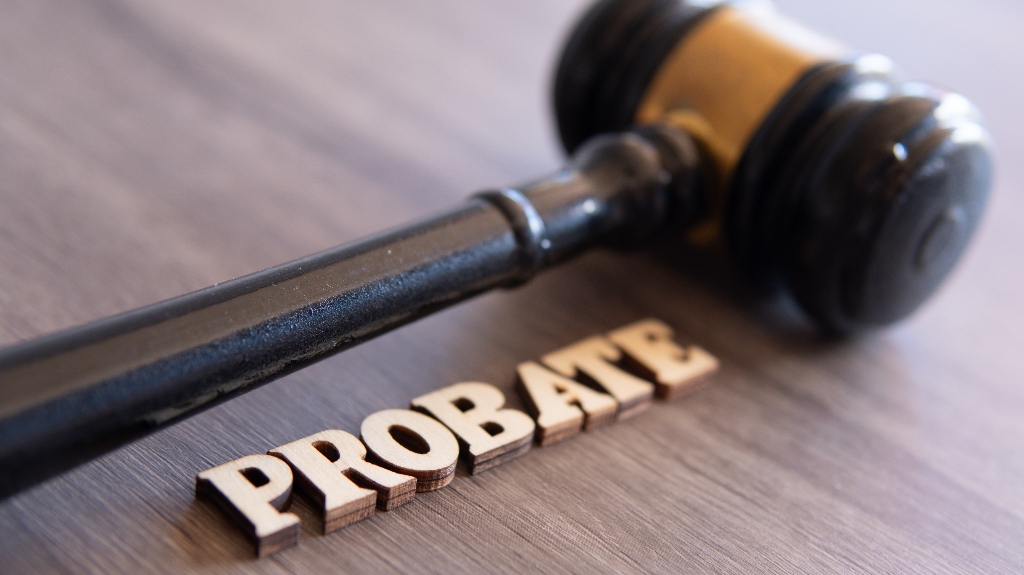
In Louisiana, the transfer of property ownership after a person’s death is known as succession or probate. This important legal process helps distribute the decedent’s assets—such as real estate, bank accounts, and personal belongings—to their legally recognized heirs. Consequently, succession typically involves identifying and confirming the heirs but may also necessitate compliance with various legal obligations, including submitting the required paperwork to the court and settling any debts or liabilities of the deceased. Nevertheless, many people often wonder if there is a way to bypass probate in Louisiana due to the costs and delays linked to the process.
The Probate Process in Louisiana
In Louisiana, succession proceedings are typically necessary for a deceased person’s estate if its total value equals or exceeds $125,000. This rule holds true regardless of whether the decedent had a Last Will and Testament or passed away intestate without a Will.
However, it is important to recognize that the value of the estate includes more than just the individual assets owned by the decedent. The estate’s value encompasses all the decedent’s property, such as real estate, bank accounts, investments, and other valuable items, minus any debts or liabilities. This distinction is crucial when determining whether the estate is subject to the jurisdiction of the probate system in Louisiana.
Can You Avoid Probate in Louisiana?
Certain assets are usually exempt from the probate process, meaning they do not need court intervention to be distributed after an individual’s death. Examples of these “non-probate assets” include life insurance policies, retirement accounts (such as 401(k)s and IRAs), usufruct property (where one party has the right to use and benefit from the property while another party retains ownership), and properties that have already been placed in a trust.
In comparison, all other assets, such as a primary residence, investment accounts, and personal belongings, are considered “probate assets.” These assets are required to go through the probate process. As a result, if you want to avoid the lengthy and often expensive probate process for these assets, careful estate planning is essential, which may involve setting up a living trust.
How Can a Living Trust Help You Avoid Probate in Louisiana?
A living trust is a legal tool you create during your lifetime to manage your assets. In this process, you transfer ownership of your properties, investments, and other valuables into the trust. You also appoint a trustee, who can be an individual, such as a family member or friend, or a professional institution, to oversee the trust and make decisions regarding the assets it holds.
One of the primary advantages of establishing a living trust is that it allows your beneficiaries to receive their inheritance without going through the probate process. By using a living trust, you can also ensure a smoother and more efficient transfer of your assets to your loved ones upon your passing. Moreover, a living trust can offer greater privacy than a Will since it does not become part of the public record. This means that the details of your estate and the identity of your beneficiaries remain confidential. Overall, a living trust can provide peace of mind and facilitate the management of your assets during your lifetime and after your death.
Learn More About the Probate Process Today, Contact Losavio & DeJean
While reducing or eliminating probate is an important objective, it should not be the sole goal of your estate plan. A comprehensive estate planning strategy should take into account tax savings and other personal objectives. To learn more about developing an estate plan that suits your needs, contact Losavio & DeJean today.

